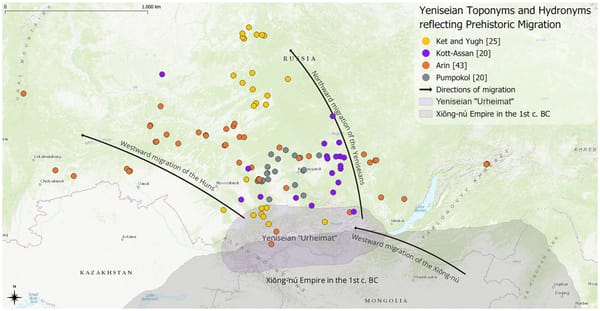3 things people get wrong about language
Here are 3 things people get wrong about language.
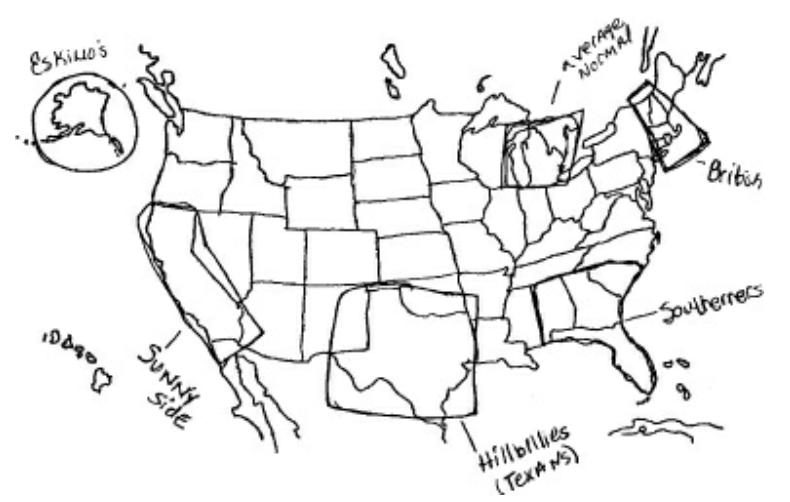
Here are three things people tend to get wrong about language:
1. You think you don’t speak with an accent/dialect.
Everybody speaks with an accent and a dialect. There’s no such thing as a “standard” dialect. Standard dialects are artificial creations that nobody actually speaks.
If you give people a map and ask them to draw and label the dialect areas on the map, most people include one region that they label “standard” or “normal”—and guess what‽ That region is always the area where they’re from. Everybody thinks their way of speaking is “normal” because that’s how they grew up speaking. But there is no “normal” when it comes to dialects.
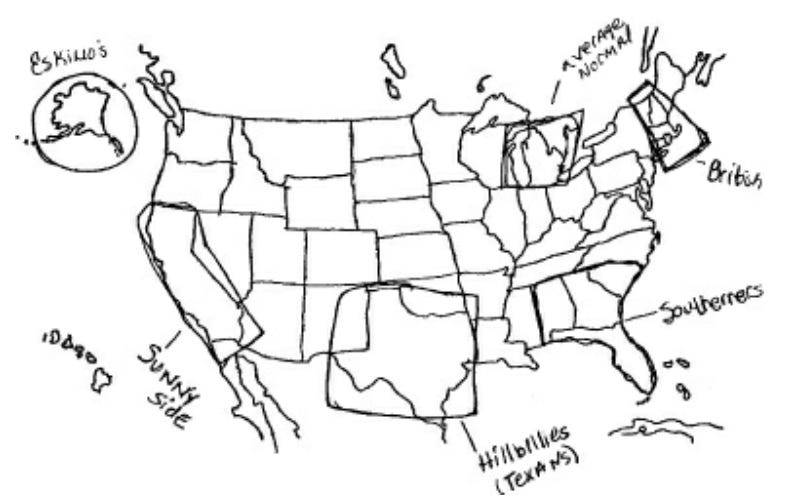
Prefer a video version of this post? Watch here!
2. You think there’s only one correct meaning/pronunciation for a word.
The fact that different dialects exist means that each dialect will have its own meanings and pronunciations too. Some uses or pronunciations of a word might be more frequent/common than others, but language isn’t a majority rules system. Just because there are more American English speakers than British English speakers doesn’t mean all Brits should start speaking like Americans.
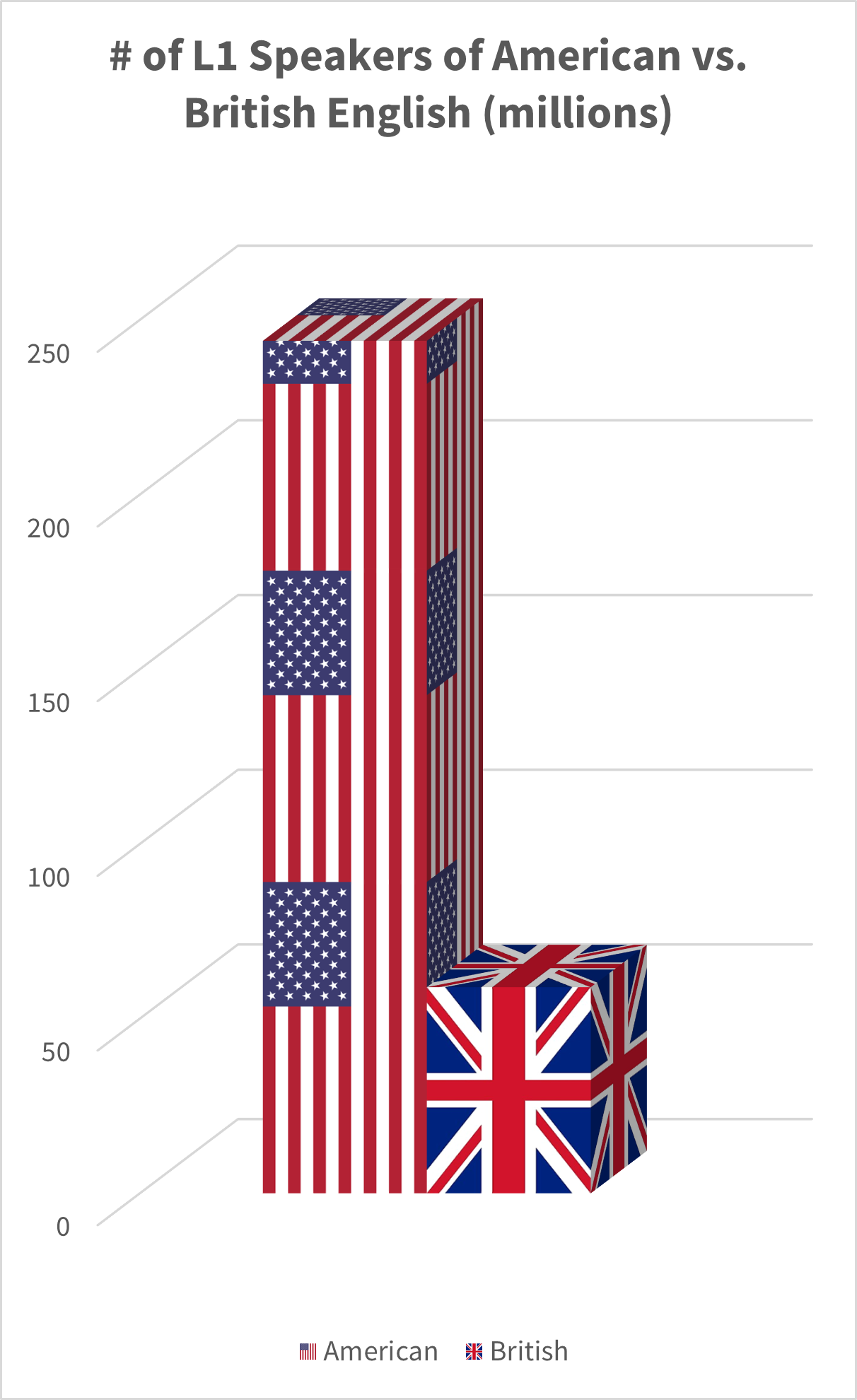
A lot of people also think that the only correct meaning of a word is the older, traditional one. But their definition of “traditional” is usually just the way they learned it growing up. But why stop there? If older definitions are better, why not go 100 years farther back? Or 500? Or 1,000? Why not go back to Old English when the word deer referred to any wild animal and the word lady meant ‘one who makes bread’?
🌟 Perks 🌟
📝 early access to chapters of my book, Universal: The diversity of language and the unity of the human mind
➕ bonus articles/videos
👀 early access to articles/videos
💝 support my mission to educate the public about the science and diversity of language!
Price: $5/month (USD)
You can also subscribe on Patreon or Substack if you prefer to use those platforms instead. You'll get all the same content and extras.
3. You think language determines the way we think.
The idea that language affects the way we think or perceive the world is called linguistic relativity. But language doesn’t cause “fundamentally different” ways of seeing the world. At most, language has very subtle effects on what we pay attention to and how we categorize things.
For example, some languages don’t use words for ‘left’ or ‘right’. Instead, speakers always orient themselves using absolute directions like north/south or local geographic/meteorological/astronomical features, such as how speakers of the Lolovoli dialect of East Ambae orient themselves to the prevailing winds:
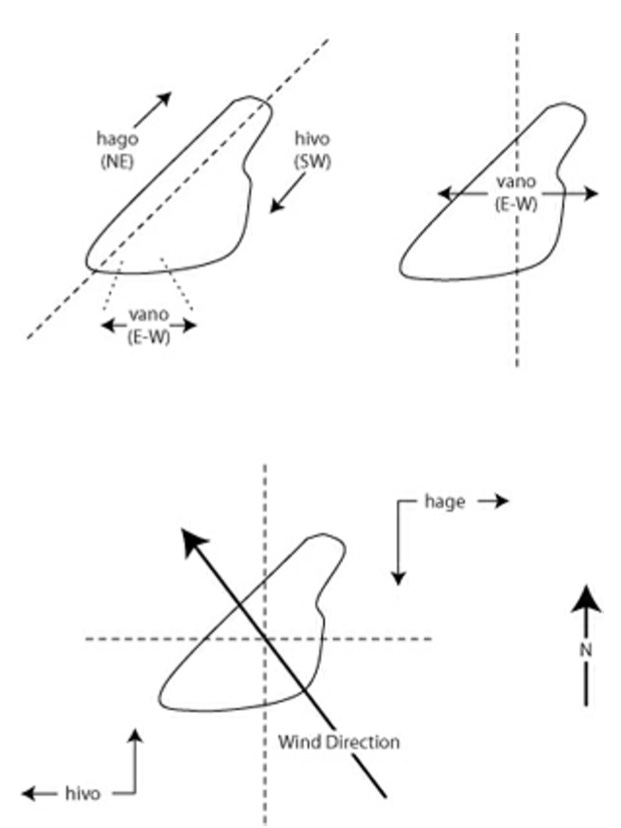
Unsurprisingly, speakers of these languages are very good at maintaining a sense of direction because it’s something their language accustoms them to paying attention to. But there are plenty of people who don’t speak these kinds of languages who can do the same thing; likewise, it’s not like speakers of Lolovoli can’t understand the concepts ‘left’ and ‘right’. Language doesn’t lock us into certain ways of thinking, it merely makes us marginally more efficient at those ways of thinking.
🌟 Perks 🌟
📝 early access to chapters of my book, Universal: The diversity of language and the unity of the human mind
➕ bonus articles/videos
👀 early access to articles/videos
💝 support my mission to educate the public about the science and diversity of language!
Price: $5/month (USD)
You can also subscribe on Patreon or Substack if you prefer to use those platforms instead. You'll get all the same content and extras.
📖 Recommended Reading
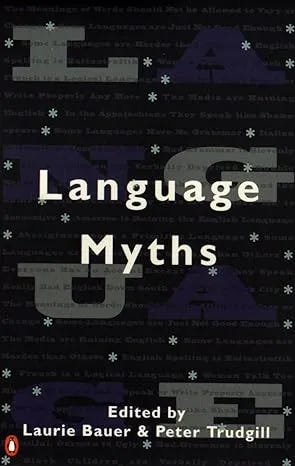
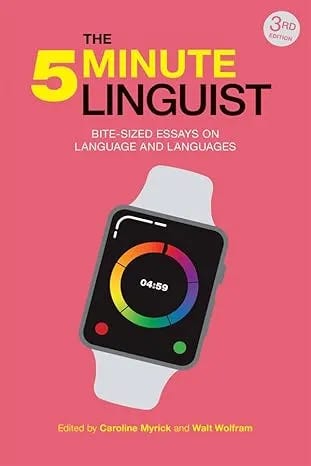

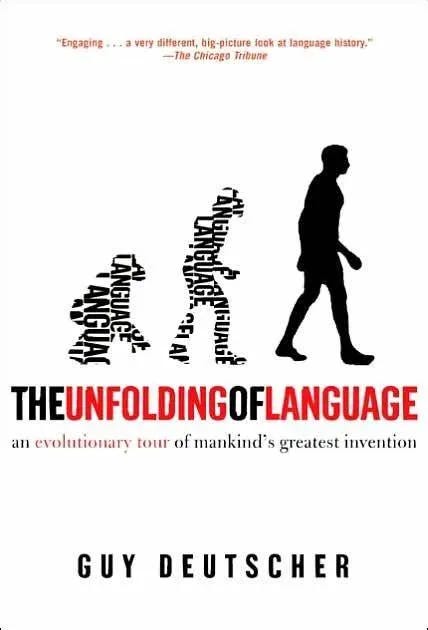
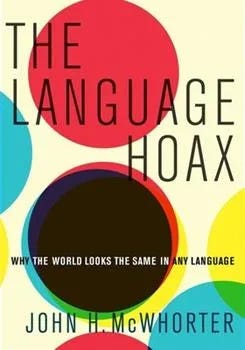
📑 References
- Harrison, K. David. 2007. When languages die: The extinction of the world’s languages and the erosion of human knowledge. Oxford University Press. (Amazon)
- Preston, Dennis R. 1998. “They speak really bad English down South and in New York City”. In Laurie Bauer & Peter Trudgill (eds.), Language myths, pp. 139–149. Penguin. (Amazon | Bookshop.org)
If you'd like to support Linguistic Discovery, purchasing through these links is a great way to do so! I greatly appreciate your support!
Check out my entire Amazon storefront here.


